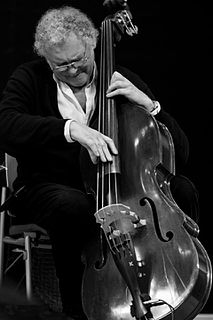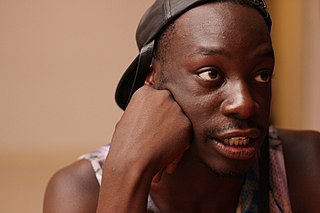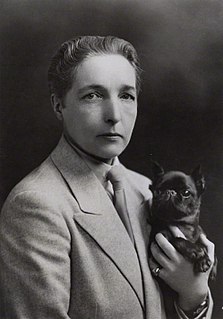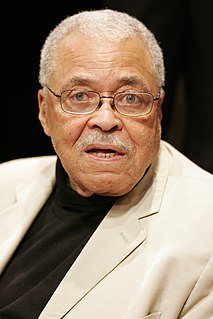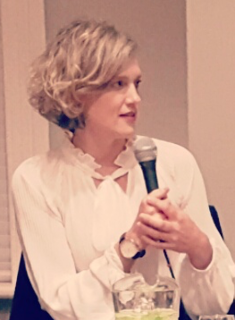A Quote by Theodore Melfi
NASA didn't give a crap what gender you were or what race you were. If you could do the math, you were valuable.
Related Quotes
I noticed there were so many people, especially women, who would come up to me having recognized me from TV and say, 'I heard you were a math person, why math? Oh my gosh, I could never do math!' I could just see their self-esteem crumbling; I thought that was silly, so I wanted to make math more friendly and accessible.
The scene at a certain time was definitely boys; those huge warehouses were kind of violent parties, even. I think people in your immediate community made a nightlife scene that actually did break down gender roles and were along different lines of identity that had to do with race and experience in the '90s, rather than gender.
I met people on college campuses who were defining themselves as genderqueer to express revolutionary feelings, or to communicate their individuality; they were gender fluid without being gender dysphoric. This phenomenon may be culturally significant, but it has only a little bit in common with the people who feel they can have no authentic self in their birth gender.
I conceived of myself in large part as a teacher. There wasn't a great understanding of gender discrimination. People knew that race discrimination was an odious thing, but there were many who thought that all the gender-based differentials in the law operated benignly in women's favor. So my objective was to take the Court step by step to the realization, in Justice Brennan's words, that the pedestal on which some thought women were standing all too often turned out to be a cage.
People give you a hard time about being a kid at twelve. They didn't want to give you Halloween candy anymore. They said things like, “If this were the Middle Ages, you'd be married and you'd own a farm with about a million chickens on it.” They were trying to kick you out of childhood. Once you were gone, there was no going back, so you had to hold on as long as you could.
We all have to acknowledge the life and the path we were born into. And the things that define us, they're often somewhat narrow: our class, our race, our gender, where we grew up, what geography we were exposed to. The curiosity and wonderment of, "What it's like on your path?" - that's when you go into high alert.





